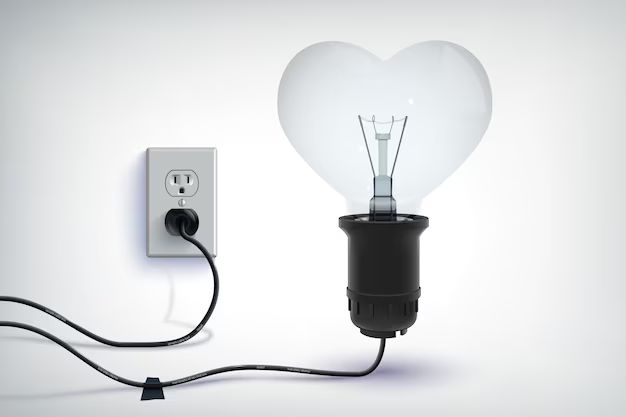Yes, you can put an outside light on a plug. However, there are some important considerations to keep in mind when doing this.
Page Contents
Safety Concerns
Plugging an outdoor light into a regular indoor outlet raises some safety concerns. Outdoor outlets are designed to be weatherproof and grounded to help prevent electric shocks and fires. Indoor outlets do not offer the same protections when exposed to the elements outdoors.
Using an indoor outlet outdoors creates an electrocution and fire risk. The outlet could short circuit if exposed to rain or snow. Any outlet used outside needs to have GFCI (ground fault circuit interrupter) capabilities to help prevent electrocutions. The GFCI will trip the circuit if it detects faulty current flow.
Power Cord Length
You will need to use an adequately long extension cord to run power from an indoor outlet to your outdoor light. The longer the run, the thicker the gauge wiring needs to be to avoid voltage drop and fire hazards. Excessively long, thin-gauged cords can overheat from the electrical load.
Outdoor extension cords are sold in varying lengths and are made specifically for outdoor use. Select an outdoor-rated extension cord that is long enough for your needs but not excessive in length.
Weather Protection
Since the light fixture will be outdoors, you’ll need to ensure it has adequate weather protection. Choose a light fixture that is designed to withstand the elements. Make sure any connections are weatherproofed to prevent moisture damage.
Also, the outlet or extension cord connection will need weather protection. You can buy covers and caps to protect the outlets and connections from rain, snow, and dust. Any exposed wiring will need to be enclosed in conduit or protective tubing.
Local Codes
Most local electrical codes prohibit permanent outdoor installations from using indoor outlets and extension cords. This is for safety reasons as mentioned above. Check your local city and state codes before pursuing an outdoor lighting project plugged into an indoor outlet.
Many areas do make exceptions for temporary or seasonal installations, especially for holiday lighting. But these exceptions are usually limited to 30 days. Again, make sure you check codes first before running outdoor lights from an indoor plug.
Outdoor Outlet Options
If your local codes prohibit using indoor outlets, there are still outdoor options that are up to code:
- Convert the indoor outlet to a weatherproof GFCI outlet.
- Install a new outdoor outlet specifically designed and rated for outdoor use.
- Install an outdoor outlet box with a weatherproof cover and GFCI capabilities.
- Hire an electrician to handle any new outdoor outlet installations.
Conclusion
While it is possible to plug an outdoor light into an indoor outlet, doing so comes with risks and may violate local electrical codes. For permanent installations, the best option is to have a certified electrician install a dedicated outdoor outlet that meets all safety and electrical requirements.
For temporary projects, you may be able to use a heavy-duty outdoor extension cord from an indoor GFCI outlet. Always check your local codes first and take precautions such as using outdoor-rated cords and weatherproofing connections.
